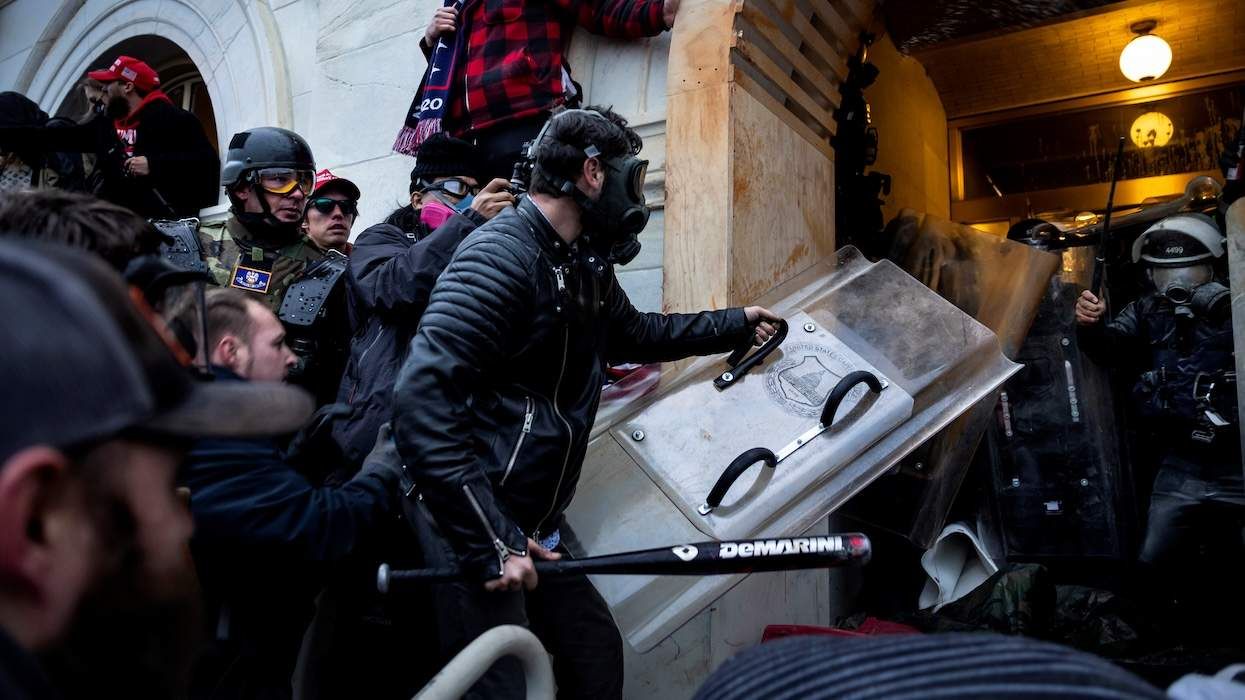Counties where Donald Trump held rallies leading up to the 2016 presidential election saw a huge increase in hate crimes, according to a new analysis.
"We found that counties that had hosted a 2016 Trump campaign rally saw a 226 percent increase in reported hate crimes over comparable counties that did not host such a rally," researchers Ayal Feinberg, Regina Branton, and Valerie Martinez-Ebers wrote in The Washington Post. Feinberg is a Ph.D. candidate in political science at University of North Texas, and Branton and Martinez-Ebers are professors there.
They based their study on data from the Anti-Defamation League's Hate, Extremism, Anti-Semitism, Terrorism map. The crimes it documented included vandalism, intimidation, and assault, they noted.
"Our analysis cannot be certain it was Trump's campaign rally rhetoric that caused people to commit more hate crimes in the host county," they wrote. "However, suggestions that this effect can be explained through a plethora of faux hate crimes are at best unrealistic. In fact, this charge is frequently used as a political tool to dismiss concerns about hate crimes. Research shows it is far more likely that hate crime statistics are considerably lower because of underreporting."
Further evidence of a rise in hate crimes post-Trump comes from the FBI's Universal Crime report, which showed that there were 17 percent more reported hate crimes in 2017 than in 2016, the researchers related.
"It is hard to discount a 'Trump effect' when a considerable number of these reported hate crimes reference Trump," they added. They also noted that he is admired by white nationalists and that research indicates people are more likely to say offensive things about certain groups after hearing Trump's rhetoric targeting these groups.















